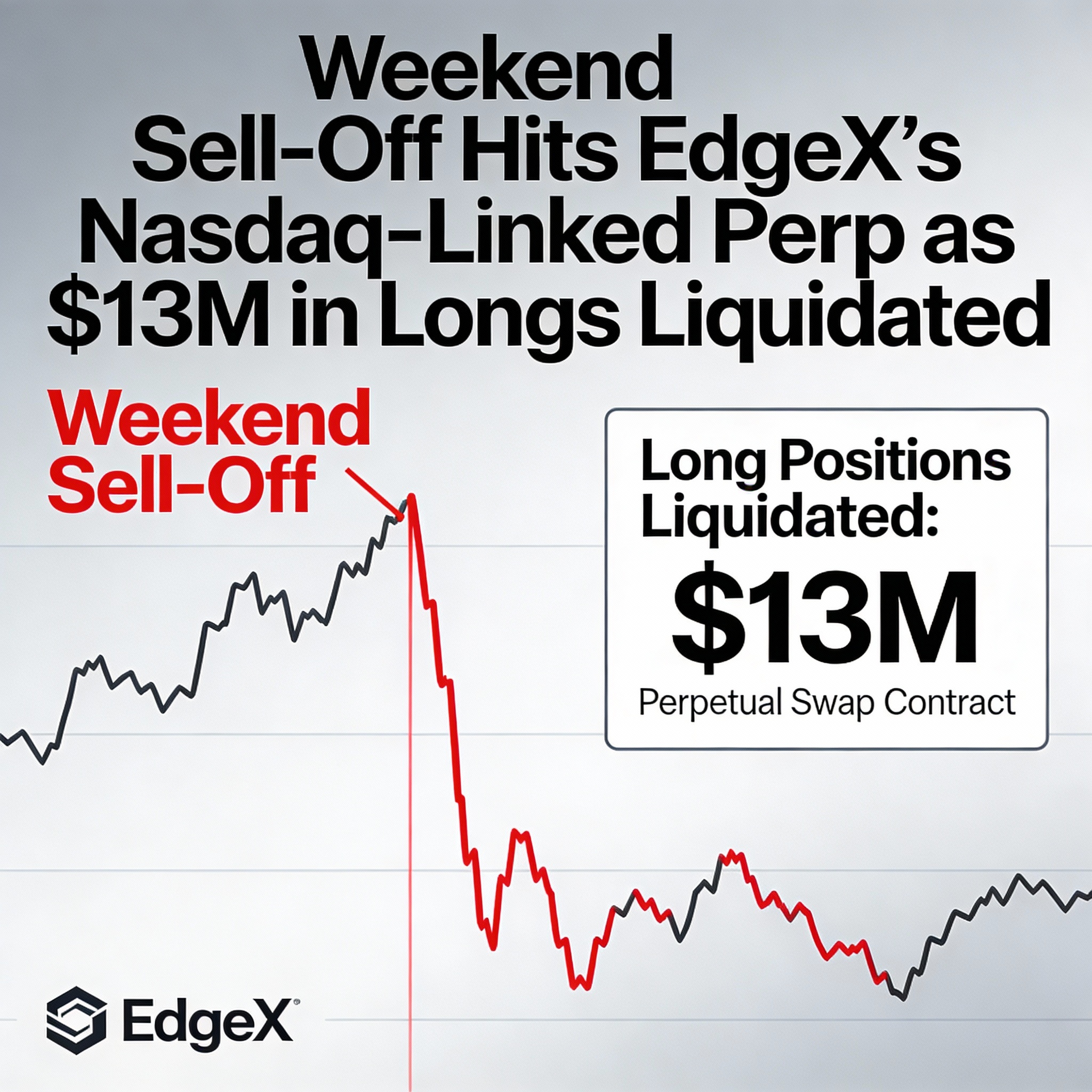Ethereum Steps Into Wall Street’s Spotlight as GENIUS Act Clears Senate
“Every single transaction is ultimately powered by ether,” says Etherealize founder Vivek Raman, as Ethereum gains momentum in institutional circles amid the stablecoin surge.
As trading opens across Asia, Ethereum (ETH) remains strong above $2,500, following the U.S. Senate’s bipartisan passage of the GENIUS Act—a development signaling deeper regulatory clarity for crypto markets.
While lawmakers hashed out new crypto frameworks in Washington, Vivek Raman, founder of Ethereum advocacy firm Etherealize, has been crisscrossing Wall Street, spreading the word that Ethereum is no longer just a tech story—it’s an emerging financial backbone.
“Ethereum has been around for nearly a decade, but for the first time, Wall Street really wants to discuss it seriously,” Raman said during a brief interview in the bustling lobby of Brookfield Place.
He spends his days explaining to bankers and institutional investors how Ethereum tokenization works, the mechanics of Layer 2 networks, and why ether remains essential for moving value across the ecosystem.
“Every single transaction is ultimately powered by ether,” Raman emphasized. “In time, ETH will be regarded as pristine collateral—just like bitcoin. It’s the neutral foundation for the entire digital asset space.”
Raman credits this institutional awakening to long-awaited regulatory certainty.
“Until recently, Ethereum was in legal limbo. Nobody knew if it was classified as a security or a commodity,” he explained, pointing to the significance of the GENIUS Act and the broader regulatory clarity it brings. “While the ETH ETF helped hint at ETH’s commodity status, it wasn’t definitive. Now, with a clearer market structure, the real potential of Ethereum is being unleashed.”
This clarity, Raman says, ensures ETH sits at the center of all activity—from stablecoin transactions to tokenized asset transfers and Layer 2 scaling solutions.
“Circle may win the IPO headlines,” Raman added, “but it’s Ethereum that channels the actual money flows. ETH secures the entire system, offering the only neutral, censorship-resistant collateral that seamlessly bridges tokenized finance.”
VanEck’s Solana ETF Edges Closer as DTCC Lists VSOL
Elsewhere in the ETF race, VanEck’s proposed Solana ETF has been registered on the DTCC website under ticker VSOL, a critical procedural move signaling readiness for electronic settlement.
The listing follows booming institutional interest in Solana (SOL), spurred by the success of spot bitcoin and ether ETFs. However, Canadian issuers—including Purpose, Evolve, CI, and 3iQ—still maintain an edge, having launched Solana ETFs back in April after regulatory approval in Ontario.
OKX Pushes Further into Europe with Regulated German and Polish Platforms
Crypto exchange OKX has rolled out regulated services in both Germany and Poland, cementing its expansion into two of Europe’s most vibrant crypto markets.
The exchange now provides spot trading, staking, trading bots, and over 60 crypto-Euro trading pairs, all integrated with local payment solutions and euro onramps.
“Germany and Poland represent crucial growth regions for us,” said Erald Ghoos, CEO of OKX Europe. “With regulatory licenses, we can customize our products to local market demands, improving security, value, and user experience.”
OKX highlighted its commitment to compliance, noting its adherence to MiCA regulations and a 31-month streak of publishing Proof of Reserves reports.
Market Check
- BTC: Bitcoin briefly fell to $103,396 amid Middle East conflict jitters but rebounded thanks to sustained institutional ETF demand, trading between $103,405 and $107,780 in a narrow channel.
- ETH: Ethereum swung widely over the past 24 hours as geopolitical tensions weighed on markets but held support near $2,460 and faces key resistance at the $2,800 mark.
- Gold: Gold remains locked below $3,400 as investors await signals from the U.S. Federal Reserve, with geopolitical instability and fiscal worries supporting its long-term appeal.
- Nikkei 225: Asian markets slipped Wednesday, with Japan’s Nikkei 225 losing 0.15%, pressured by growing uncertainty around possible U.S. military action in the Middle East.
- S&P 500: U.S. equities fell Tuesday, with the S&P 500 closing 0.84% lower at 5,982.72 amid ongoing Israel-Iran tensions.





